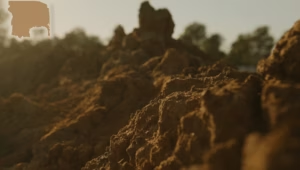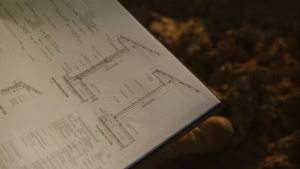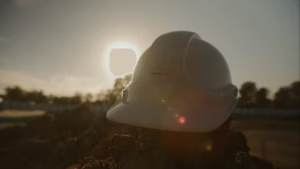Do you have an existing property that you’re thinking of developing? Are you looking at purchasing a property with a view to developing it down the track?
Whether you are just starting out or are stepping up your development activity, it is crucial to have the right contacts to call on for professional advice at every stage of the journey.
Homecorp has an in-house team of talented property development professionals who can help you at every stage of the development journey. Our track-record covers a range of development types including acquisitions, joint ventures and projects.
If you are just starting to research potential options, here are some pointers to help get the ball rolling:
Land development vs house and land development
Land development generally refers to the subdivision of larger landholdings into smaller lots. That land is then sold in individual blocks to individual owners.
House and land developments allow buyers to secure a block of land and the construction of a new home in a single, streamlined process, involving two contracts – one for the land and another for the build.

Homecorp: an experienced land development partner
For land developments, a development application is lodged with the local council to permit the subdivision plan. This needs to be approved to allow physical works to take place.
There are a lot of fundamental considerations when it comes to land development.

Homecorp specialise in House and Land estates
When you buy a housing lot from a developer, you buy a block of land that has all the infrastructure in place such as roads and connections for power, water, sewage and other key services. These elements are the ‘hardware’ of land development. But some developers also focus on the ‘software’ too. This includes community development initiatives, such as the creation of parks and places to meet, the availability of schools, childcare and transport, walkable neighbourhoods and a self-contained neighbourhood feel.
Generally, those developments are considered ‘master-planned’ because they integrate more than just basic infrastructure. Once a block of land is bought and settled on with the developer, you can choose a builder of your choice to start building your home.
A house and land package is when the land is purchased and a determined house will be built on that land, or the home may already be built.
When purchasing a house and land package you will typically chose your home design from a selection provided by the developer, which make the best use of the particular block you’ve purchased.
What does a land developer do?
A land developer is a company or entity that takes zoned land and enables the approvals necessary for construction to take place. Land developers also purchase large parcels of land to subdivide into smaller allotments to be sold to individual home buyers.
If the land doesn’t have the appropriate residential zoning the developer can seek to change the zoning and work with all the local and state government statutory authorities to secure all the required planning approvals for residential development. This enables the creation of roads, infrastructure and the other building blocks of a new community.

Homecorp: a forward-thinking land development partner
Brownfield vs Greenfield
Greenfield sites are areas of land that have not been developed previously, while brownfield sites are usually metropolitan areas that have been used for other building purposes and are usually surrounded by other developments.
Both greenfield and brownfield sites may need to be rezoned for future use. For example, a greenfield site could be farmland being transformed into a residential site, or a brownfield site could be an industrial site that is converted to residential.

